Scotland’s About to Vote on Its Independence, Not That America’s Noticed
The U.S. government and media haven't really weighed in on the Sept. 18 Scottish independence vote, despite the fact that some polls are showing that a majority of Scots will vote yes. And yes, this would have "serious policy ramifications" for America, according to The Guardian's Nicky Woolf.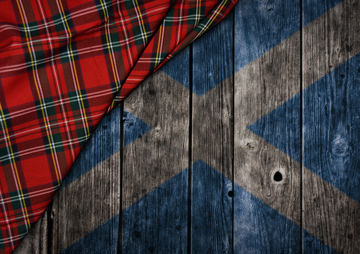 A recent Guardian headline reads, "'Scotland's what?' US caught napping as Scots prepare to vote on independence." Shutterstock
A recent Guardian headline reads, "'Scotland's what?' US caught napping as Scots prepare to vote on independence." Shutterstock
The U.S. government and media haven’t really weighed in on the upcoming Scottish independence vote, despite the fact that some polls are showing that a majority of Scots will vote yes. And yes, this would have “serious policy ramifications” for America, according to The Guardian’s Nicky Woolf.
The referendum in which Scotland will make its decision whether to stay in the (currently called) United Kingdom is set for Sept. 18. That’s right, in one week we may witness the dissolution of a 300-year union at the hands of “the atavistic forces of nationalism and ethnicity,” in large part thanks to the U.K.’s conservative Tory government and its reckless “infatuation with a libertarianism that denies obligations to society and each other.”
For those of you who want to know more about the repercussions of Scottish independence as well as to take a look at the polls and the reasons that led the country to consider its independence, check out The Guardian’s primer here.
The Guardian:
…if Scotland votes for independence from the United Kingdom on 18 September it will have serious policy ramifications for the United States. First among these is the fate of the 58 Trident II D5 missiles leased from the US by the British government that have served as the UK’s primary deterrent against nuclear attack since 1990, and the four Vanguard-class submarines which carry them. There are other important questions too, ones about maintaining the balance of power in Nato; the relationship between the UK and the European Union, which could be jeopardised; and the larger foreign policy effect of a weakened United Kingdom.
Nonetheless, when asked for comment in July, the US official reaction was, essentially, no response at all. Lt Vanessa Hillman, a spokesperson for the Department of Defense (DoD), told the Guardian that this was “not something the DoD would take queries on”, and referred questions to the State Department. The State Department, getting a little testy – the Guardian asked the same question three times over the course of a week – said: “We don’t have anything on this at this point.”
The White House, when asked about contingency plans, referred to President Obama’s remarks at the G7 summit in Brussels in June, when he commented that the United Kingdom worked “pretty well, and we obviously have a deep interest in making sure that one of the closest allies that we will ever have remains strong, robust, united and effective partner.” When pressed further, the White House said: “We’re not going to comment beyond the president’s remarks. Thanks!”
—Posted by Natasha Hakimi Zapata
Your support matters…Independent journalism is under threat and overshadowed by heavily funded mainstream media.
You can help level the playing field. Become a member.
Your tax-deductible contribution keeps us digging beneath the headlines to give you thought-provoking, investigative reporting and analysis that unearths what's really happening- without compromise.
Give today to support our courageous, independent journalists.
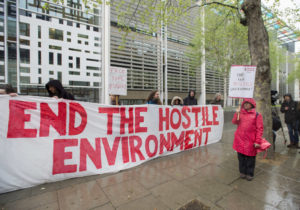
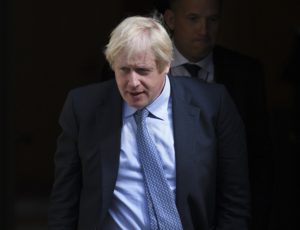

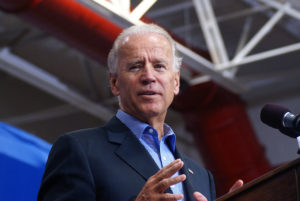
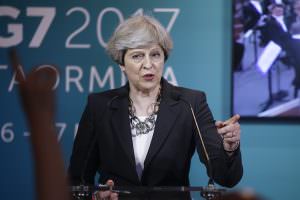
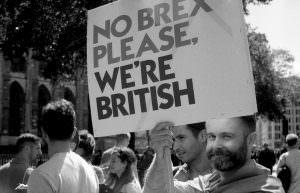
You need to be a supporter to comment.
There are currently no responses to this article.
Be the first to respond.